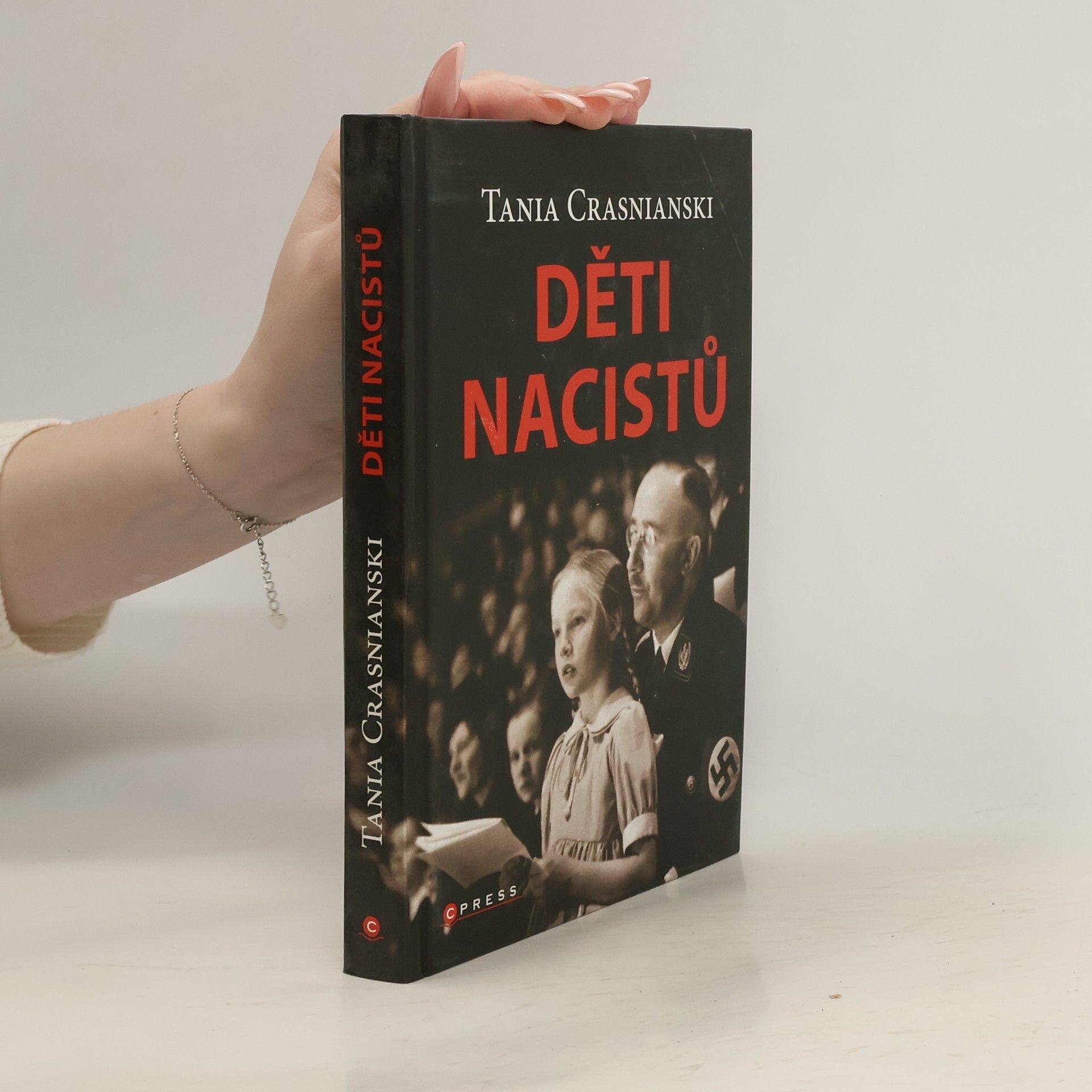Děti nacistů
- 232bladzijden
- 9 uur lezen
Synové a dcery Himmlera, Göringa, Hösse, Mengeleho a dalších – život s tíživým odkazem otců. Fascinující příběh dětí osmi klíčových postav Třetí říše (Himmlera, Göringa, Hesse ad.) a jejich cesty od potomků hrdinů k potomkům zločinců. Tito muži byli pachateli jen stěží představitelného zla – a současně byli i otci. Jak se jejich děti vyrovnaly s odkazem rodičů, se vzpomínkami a odhaleními, které přinesla poválečná doba? Tania Crasnianski zkoumá ve své mimořádně čtivé knize potomky „chycené“ někde mezi stigmatizací, uctíváním a ztrátou paměti.
